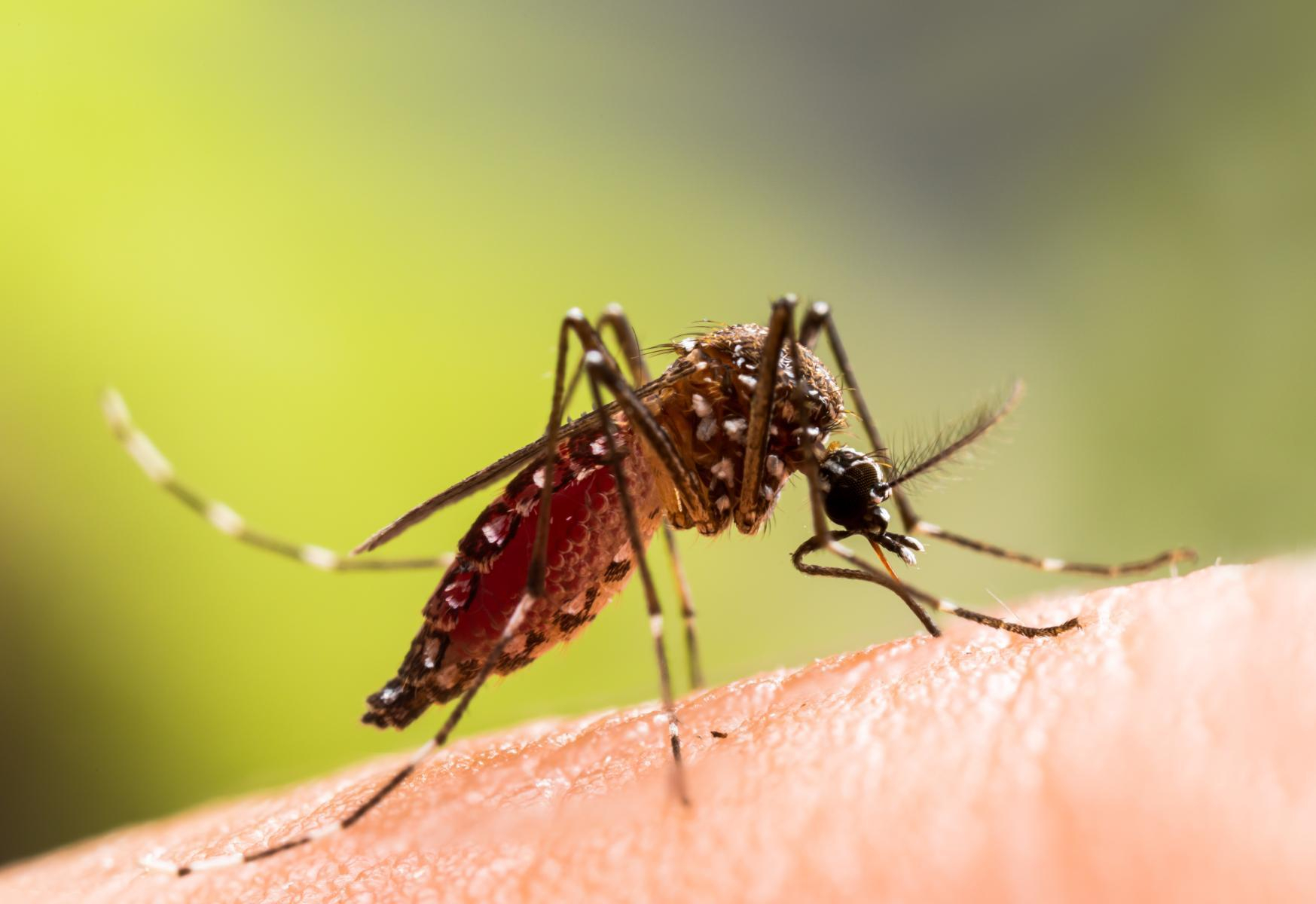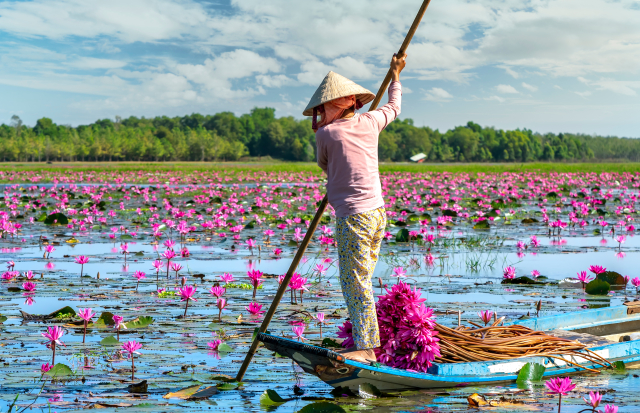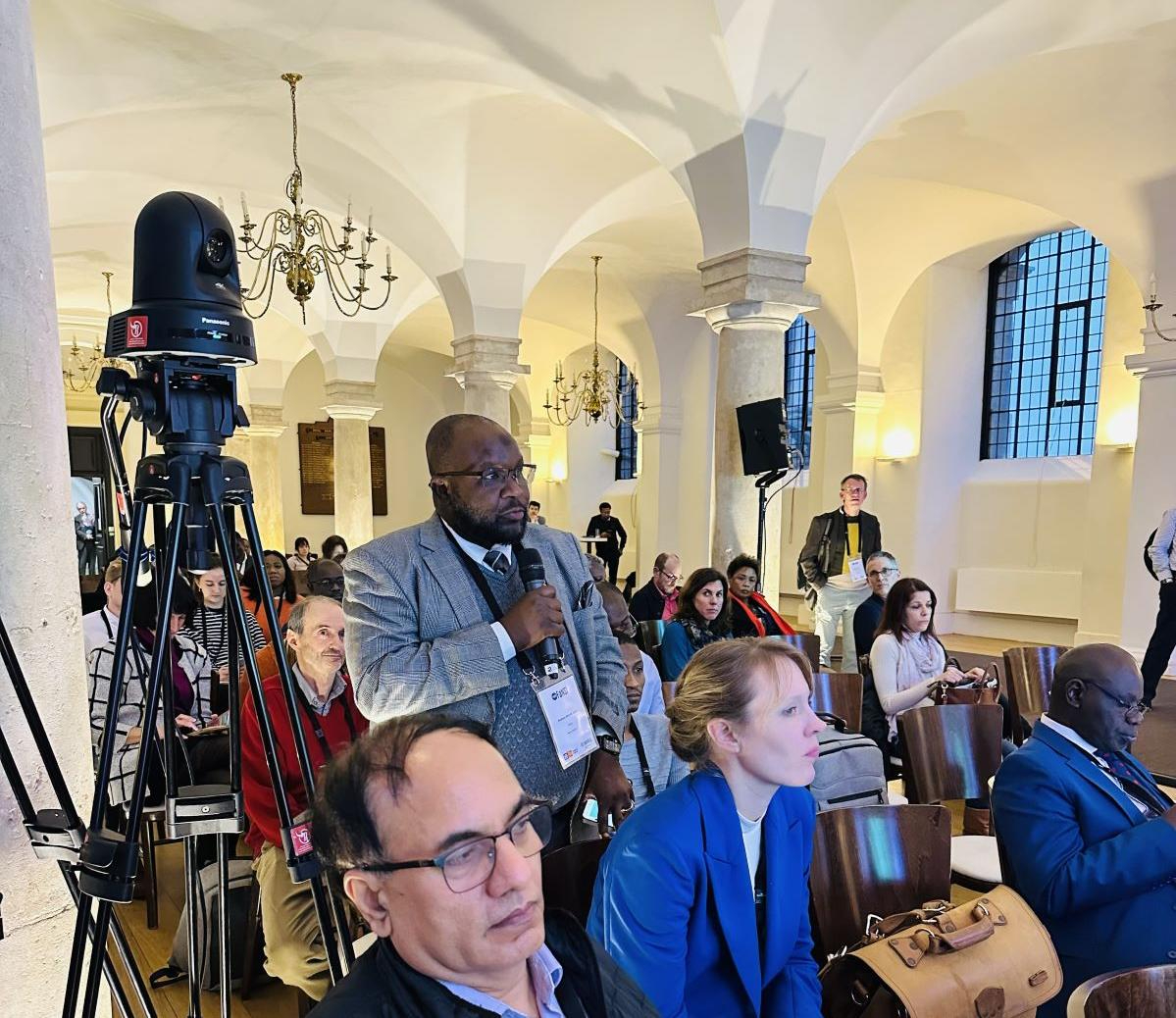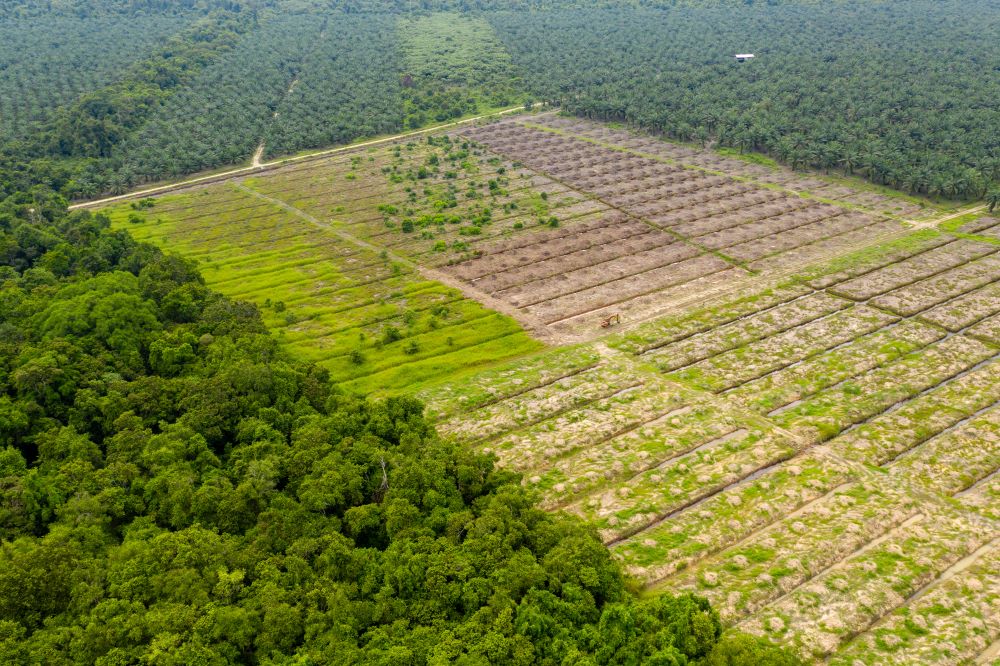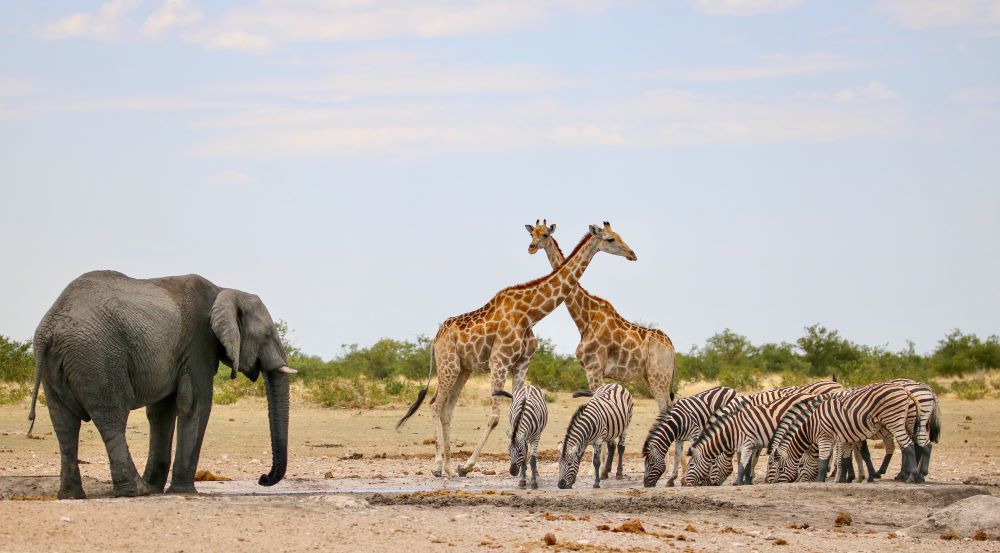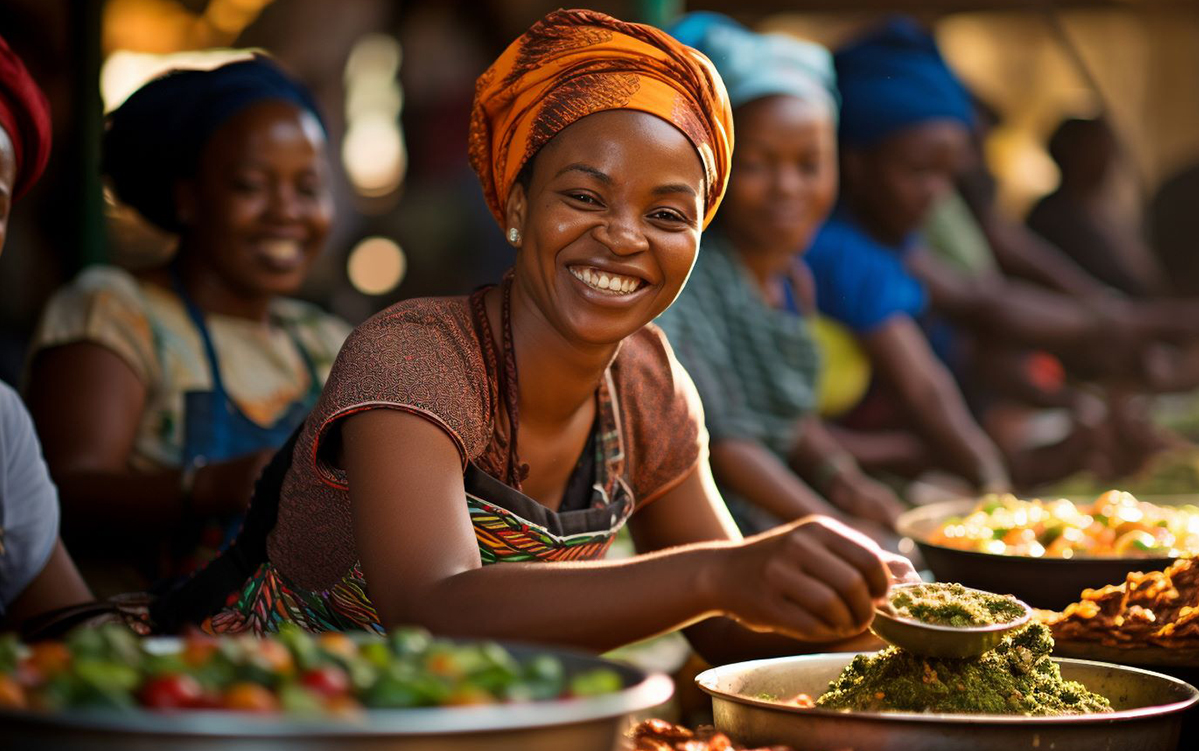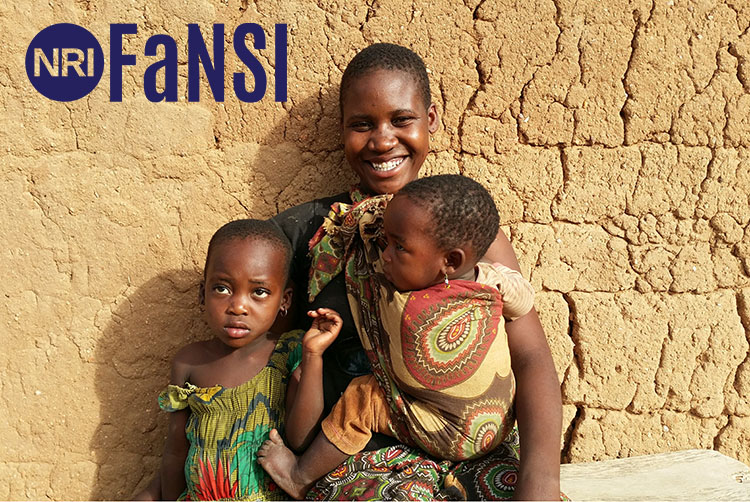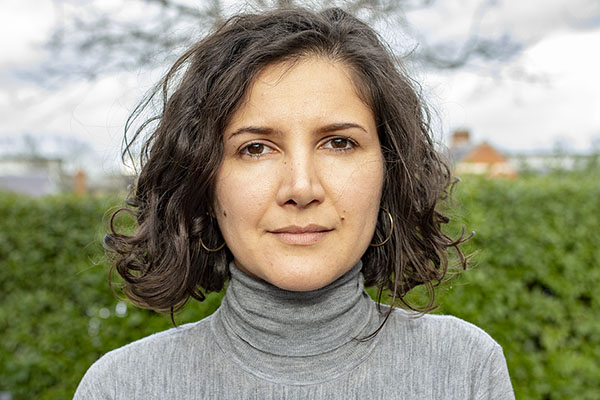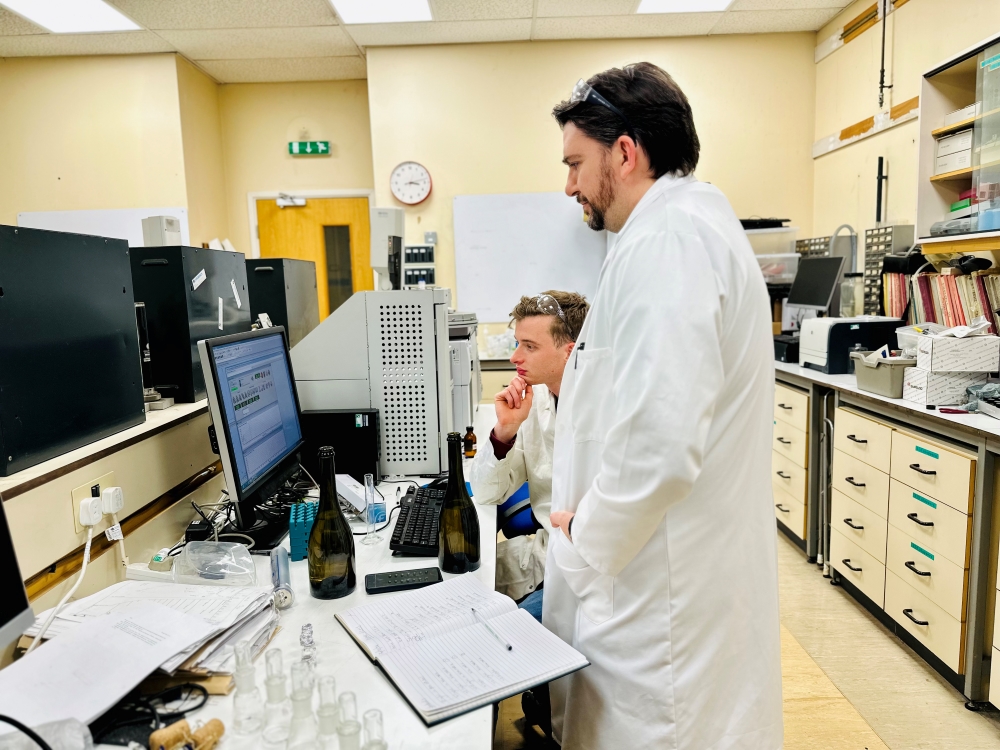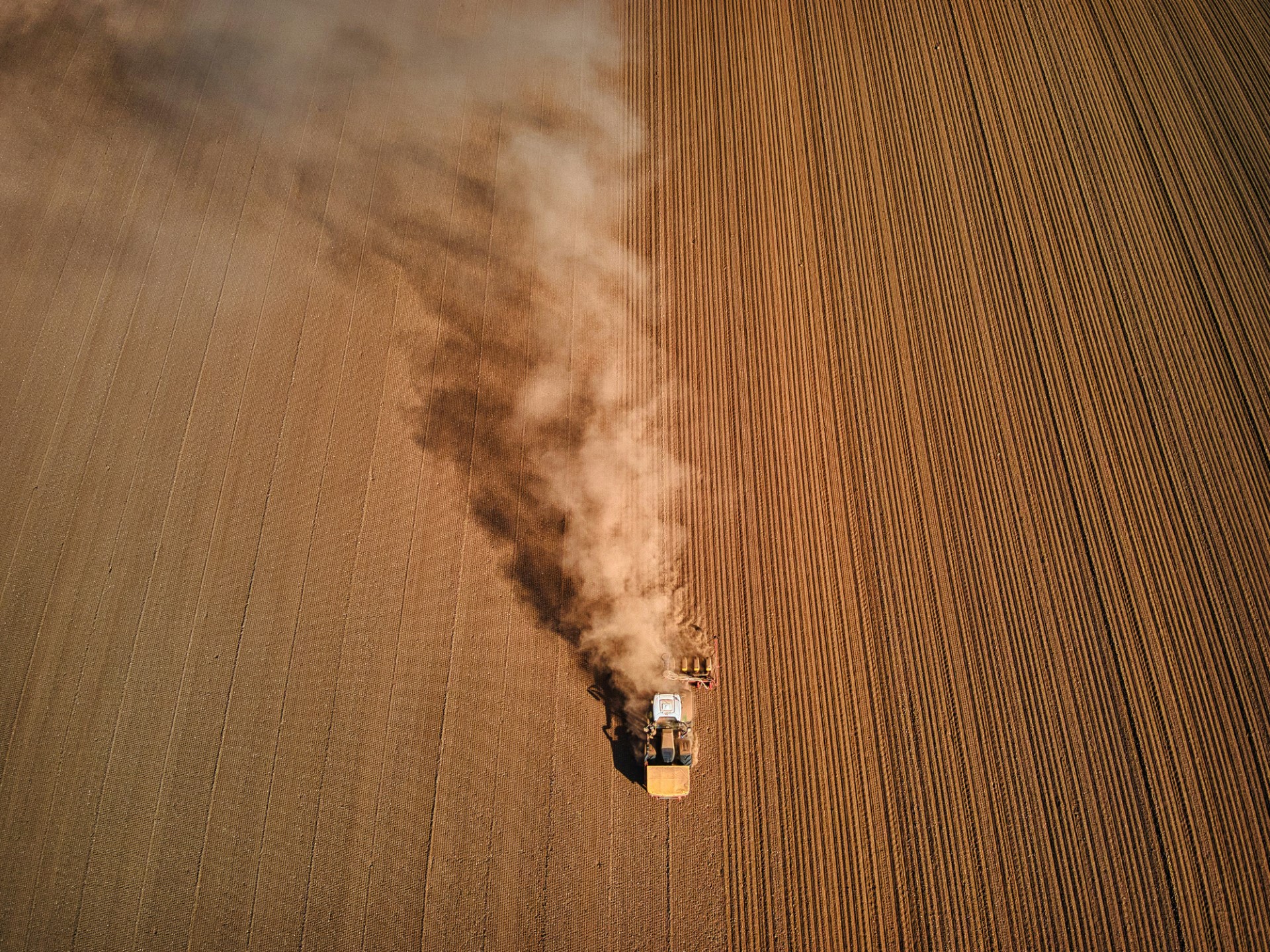News - 2024
Malaria remains an enduring threat to millions of people with a death toll of 608,000 across 85 countries in 2022 alone. Today, NRI joins the global community to commemorate World Malaria Day, an occasion to highlight achievements and the need for sustained investment and political commitment to malaria prevention and control. We acknowledge the global effort to end malaria, and below we highlight some of our contributions to this effort, working with partners in research, development and practice worldwide.
Several tools have been proposed to facilitate the adaptation processes necessary for achieving climate resilience in response to new climate and environmental challenges [1]Some of these are embedded in financial inclusion products like microfinance loans, often targeted at rural populations, especially women, in contexts where the effects of climate change have been particularly severe. The project ‘Depleted by debt? Focusing a Gendered Lens on Climate Resilience, Credit and Malnutrition in Cambodia and Tamil Nadu’ used a feminist political economy lens to analyse the effects of attempts at financial inclusion. This approach intentionally brings processes of gendered power relations to the fore in economic analysis. This focuses on the work in Cambodia where the approach allowed for critical enquiry into the consequences of debt-taking and debt management in rural areas, arguing that the current over-indebtedness crisis is, in fact, a public health crisis [2].
Jacinta Nyaika is a third year PhD student in the Food and Markets Department at NRI. She took five minutes out her day to talk to us about her research on an important food security crop, life at NRI and her future plans.
NRI successfully hosted the International Conference on Food and Nutrition Security in Africa from 20-21 February 2024 at the University of Greenwich campus in London. Organised as part of NRI’s Food and Nutrition Security Initiative (FaNSI), the event convened around 98 people from local and international academic institutions, research organisations and inter-governmental organisations. The conference featured presentations from invited speakers, NRI researchers, students and FaNSI partners, who shared their research results and experience highlighting challenges and potential solutions for food and nutrition security in sub-Saharan Africa.
Tropical forests are vanishing as they are converted to agricultural land to meet the demands of distant markets. The global trade of tropical commodities has raised concerns about deforestation, prompting high-income countries to explore regulatory and trade measures to address the issue. However, a recent analysis shows that high-income countries have the highest consumption rates of the tropical commodities analysed and that these rates have considerably increased in the last 20 years.
NRI’s Professor of Ecology Steve Belmain is co-author of an influential paper recently published in the Nature journal, Scientific Data. The bii4africa dataset of faunal and floral population intactness estimates across Africa’s major land uses sheds light on threats to biodiversity from land use changes in sub-Saharan Africa. The article describes the process of developing scores representing the intactness of land-dwelling vertebrates and plants in sub-Saharan Africa across nine major land uses of varying intensity. The dataset was developed to enable the quantification of the Biodiversity Intactness Index (BII) for sub-Saharan Africa. A BII estimates how the average abundance of native land species in an area compares with their abundance before alteration by pronounced human activity.
Women play a pivotal role in the intricate web of food systems in low- and middle-income countries (LMICs). Mothers, daughters, community leaders – these are the often undervalued individuals holding the reins on critical food-linked decisions and hygiene practices. From purchasing and preparation to dietary choices for vulnerable groups (infants, disabled and the elderly), women's influence on food safety is undeniable.
March is a significant month in the calendar year, with International Women’s Day (IWD) on 8 March and the meeting of the Commission on the Status of Women (6-17 March), where member states of the United Nations work to progress the agenda on gender equality and women's rights. These events are important not only to acknowledge successes in gender equality and social justice but also to recognise increasing backlash and challenges experienced throughout the world. For NRI’s Gender and Social Difference Research Group (GSDRG), we aim to use this period to reflect on these challenges in solidarity with partners and social movements and identify ways we can contribute to pathways for gender equity, social justice and transformative change.
This week, the Natural Resources Institute (NRI) will be holding an international conference on food and nutrition security, as part of its Food and Nutrition Security Initiative (FaNSI). The two-day conference, 20-21 February 2024, will take place at the University’s campus at Greenwich. The event will serve as a platform for researchers, practitioners, students, and partners of FaNSI to convene, share their research and discuss critical issues surrounding food and nutrition security in sub-Saharan Africa.
Seventy-five of the most promising research leaders, recently recognised by UK Research and Innovation (UKRI), will benefit from a £101 million fund to tackle major global issues and commercialise their innovations in the UK.
Collaboration is a key feature of our work at NRI. Through high quality collaborative research, knowledge exchange and learning, NRI works to find innovative solutions to local and global challenges. This culture has led to collaborations with local businesses and institutions, helping to build capacity and facilitate the development of locally robust but also globally relevant innovations.
NRI is part of a transdisciplinary hub consisting of 34 leading research and stakeholder organisations aiming to help all four UK governments to drive the land use transformations required to reduce greenhouse gas (GHG) emissions.


